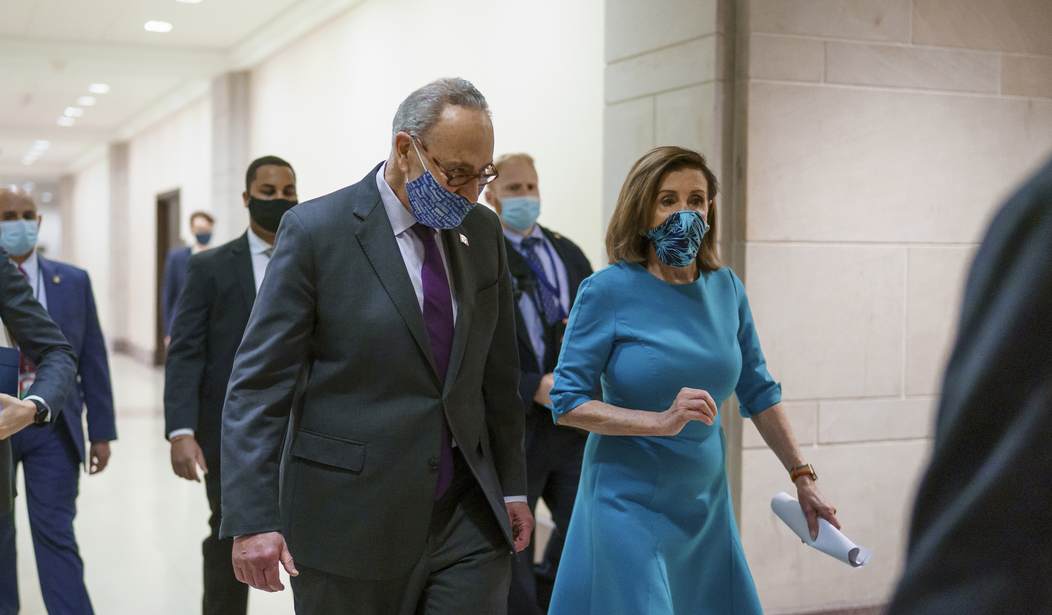Several House committees have approved parts of Joe Biden’s $1.9 trillion pandemic relief bill this week, including an extension of federal unemployment benefits, a child credit worth up to $3600 a year, and an individual stimulus payment of $1400 for most taxpayers.
Also included will be an increase in the minimum wage to $15 an hour. While such a proposal may pass the House, two Democratic Senators have already indicated they would not vote for the pandemic relief bill if the wage increase is included.
Joe Manchin and Kyrsten Sinema oppose the wage increase in what’s supposed to be a short-term relief bill. Their opposition effectively kills the entire COVID relief bill before it even gets to the Senate if the wage increase is included.
Other House panels including the Education and Labor, Financial Services, Transportation and Small Business Committees have passed their pieces of the proposal. Under the arduous budget reconciliation process Democrats are using to approve the legislation without Republican votes, the House Budget Committee will combine the separate bills into one package.
On Thursday, House Speaker Nancy Pelosi told reporters that she thinks the House will approve the rescue proposal before the end of the month. The California Democrat expects the bill will get through the Senate and across President Joe Biden’s desk before lifelines for jobless Americans expire on March 14.
The Ways and Means Committee approved a huge chunk of Biden’s bill, including a raise for the long-term unemployed from $300 to $400 a week. The benefit would last until August 29, 2021.
The plan would also boost assistance to households with children. Americans would get up to $3,600 per child for children under 6 and $3,000 per child for children under 18.
The relief would phase out at $75,000 in income for individuals and $150,000 for couples.
Among key provisions in other parts of the legislation, it would put $20 billion into a national vaccination program, $170 billion into expenses for schools including reopening costs and $350 billion into relief for state, local and tribal governments. Biden met with a bipartisan group of governors and mayors on Friday to discuss the rescue package.
Senate Budget Committee chairman Bernie Sanders is still pushing to have the increase in the minimum wage in the bill the Senate will vote on. “We think we’ve got a good shot. We’re working hard to get the minimum wage through the parliamentarian’s office,” Mr. Sanders said.
The parliamentarian will determine if the increase in the minimum wage is permissible under the rules. Many congressional experts believe it would be a stretch to shoehorn the wage increase into the reconciliation process, which is why advocates for the $15 wage are already planning on introducing a separate bill.
Pelosi’s time frame may be optimistic. There is going to be debate on the final package in the House and there will be amendments and other delays as well. The Senate isn’t likely to get the final bill until after the first week in March which means there’s a chance the “emergency” pandemic relief bill will pass just about the time it isn’t needed.










Join the conversation as a VIP Member